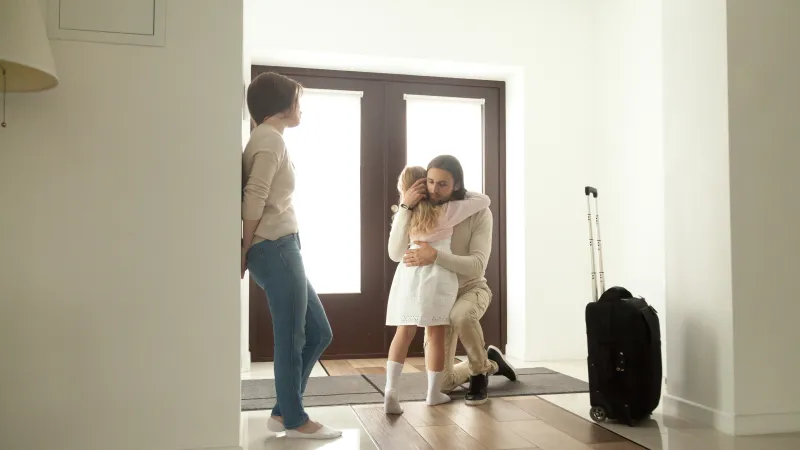
What is Joint Custody?

"Joint custody"
is a phrase that can refer to two different concepts: joint physical custody
and joint legal custody. They are two unrelated concepts, so it is essential to
clarify what is being discussed.
Most common,
when people talk about joint custody, they are referring to joint physical
custody wherein the parents share custody of their minor child in such a way as
to assure the child has "substantially equal time and contact with both
parents." O.C.G.A. § 19-9-6(6). In other words, it is a shared custody
type of arrangement that divides time between the parents in roughly a 50/50
manner.
Alternatively,
there is the concept of joint legal custody.
While important, this concept refers to decision making, not the amount of time
each parent gets to spend with their child.

Do you have to pay child support if you have joint custody?
A common misconception is that
joint custody means that no one will have to pay child support. The basic child support obligation that a
parent pays is instead based upon the disparity of income between the parties,
not the amount of time each parent has with the child.
That said, a parent paying child
support may request a deviation from the basic child support obligation that
will more fairly reflect the time each parent has a child. This type of deviation,
however, is at the discretion of the court.
As such, it may or may not be granted in whole or in part.
To learn more, see our page on a common misconception is that joint custody means that no one will have to pay child support. The basic child support obligation that a parent pays is instead based upon the disparity of income between the parties, not the amount of time each parent has with the child. That said, a parent paying child support may request a deviation from the basic child support obligation that will more fairly reflect the time each parent has child. This type of deviation, however, is at the discretion of the court. As such, it may or may not be granted in whole or in part. To learn more, see our page on how child support is determined how child support is determined.
Is Joint Custody Good for Children?
Pros
-
Allows a child to build a relationship with both parents
-
Encourages parents to learn to co-parent
-
Allows parents to share the challenges of raising kids
-
Creates more stability and emotional support in the child’s life when communication is healthy
Cons
-
The child does not feel like they have a home base
-
Requires a lot of coordination between parents
-
Can leave kids in the middle of a war zone between their parents
-
May require flexibility and consistency to ensure routines and schoolwork remain stable
Joint Custody Frequently Asked Questions
Q How likely is it to be awarded joint custody?
Q What are alternative forms of child custody?
Yes! There are multiple other forms of custody including primary custody, split custody, and sole custody. Each option depends on the child's needs and what serves their emotional, educational, and developmental stability.
Q Which parent gets to claim a child for taxes in a true 50/50 division of time with the child?
Assuming there isn't a written declaration to the contrary, the parent with the highest adjusted gross income can claim the child as their dependent.
If you are considering joint custody in Georgia, it's important to understand both the legal and practical implications. The experienced attorneys at Meriwether & Tharp can help you create a parenting plan that supports your child's life and ensures decisions are based on the best interests of the child.



